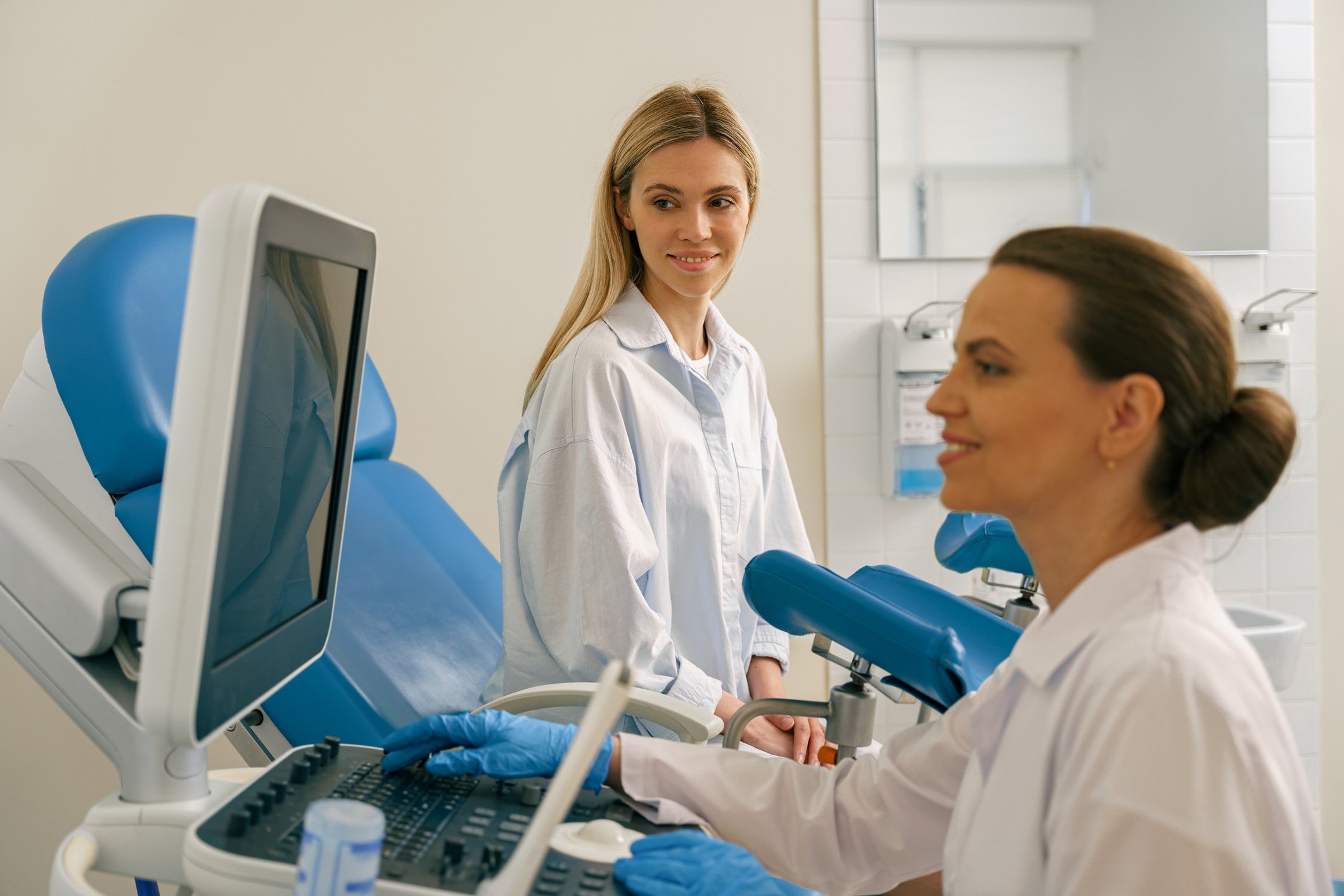Have you been screened for cervical cancer?
Did you know that cervical cancer is the fourth most common cancer in women? However, with advancements in early detection and preventive measures, the number of cases and deaths related to this disease has significantly decreased over the years. The key to this decline lies in the ability to catch cervical abnormalities early. This is where preventive screening comes into play.
What is cervical cancer, and what causes it?
The cervix is part of the female reproductive system. It is at the base of the uterus, lined with a thin layer of cells that grow, divide, and are replaced as necessary. Cervical cancer develops when these cells become abnormal. Cancerous cells divide uncontrollably, potentially invading deeper layers of tissue or spreading to other organs. Over time, these abnormal cells can form a mass known as a tumor. This is what is referred to as cervical cancer.
The leading cause of cervical cancer is a human papillomavirus (HPV) infection. HPV is very common. It is passed from person to person through sexual contact. Some research suggests that at least 3 in 4 people who have sex will get a genital HPV infection at some time during their lives.
There are several types of HPV. Some are classified as high-risk, which can lead to cancer of the anus, cervix, vulva, vagina, penis, head, and neck. Other types of HPV are associated with the development of genital warts. However, being infected with HPV does not necessarily mean that a person will get genital warts or develop cancer.
How do you test for cervical cancer?
When you go for a cervical cancer screening, you can expect to have a few tests, including:
- Pap test. This test is also called a Pap smear. This test finds cervical cancer and changes in cells of the cervix before they become cancer.
- HPV test. This test is used to find signs of HPV infection in the cells of the cervix. Certain types of HPV are linked to cervical cancer. Sometimes, the HPV test is done along with the Pap test.
- Pelvic exam. This exam is often done along with Pap and HPV tests. It can help find some cancers of the uterus and other parts of the female reproductive system.
Why is screening important?
Cervical cancer develops slowly over time, so it is highly treatable when caught early. Most cervical cancers are linked to persistent infections with high-risk strains of HPV, but it can take 10-20 years for these infections to cause cancerous changes in the cervix. This slow progression means there is ample opportunity for doctors to detect abnormal cells and intervene before cancer develops.
Cervical cancer may be one of the most preventable cancers, thanks to early detection and vaccination. Regular screening tests like Pap smears and HPV testing are the cornerstone of prevention. These help identify abnormalities before they can progress to cancer. By following the recommended guidelines from The American College of Obstetricians and Gynecologists and staying up to date on your screenings, you can significantly reduce your risk and safeguard your health.
Screening guidelines
If you are younger than 21, you do not need screening.
If you are 21 to 29, have a Pap test alone every three years. HPV testing alone can be considered for women who are 25-29, but Pap tests are preferred.
If you are 30 to 65, you can choose one of three options:-
- Have a Pap test and an HPV test (co-testing) every five years
- Have a Pap test alone every three years
- Have an HPV test alone every five years
-
- three negative Pap test results in a row
- two negative HPV tests in a row
- two negative co-test results in a row within the past 10 years—you do not need screening. The most recent test should have been performed within the past three or five years, depending on the type of test.
Please note that you will still need to have a screening even if you have been vaccinated against HPV.
So, don’t wait. Schedule your screening today to help protect yourself from cervical cancer. Regular testing, along with a healthy lifestyle and HPV vaccination, provide a proactive approach to staying cancer-free.
Follow @MGBHealthPlan on Instagram, LinkedIn, Facebook, and YouTube.
